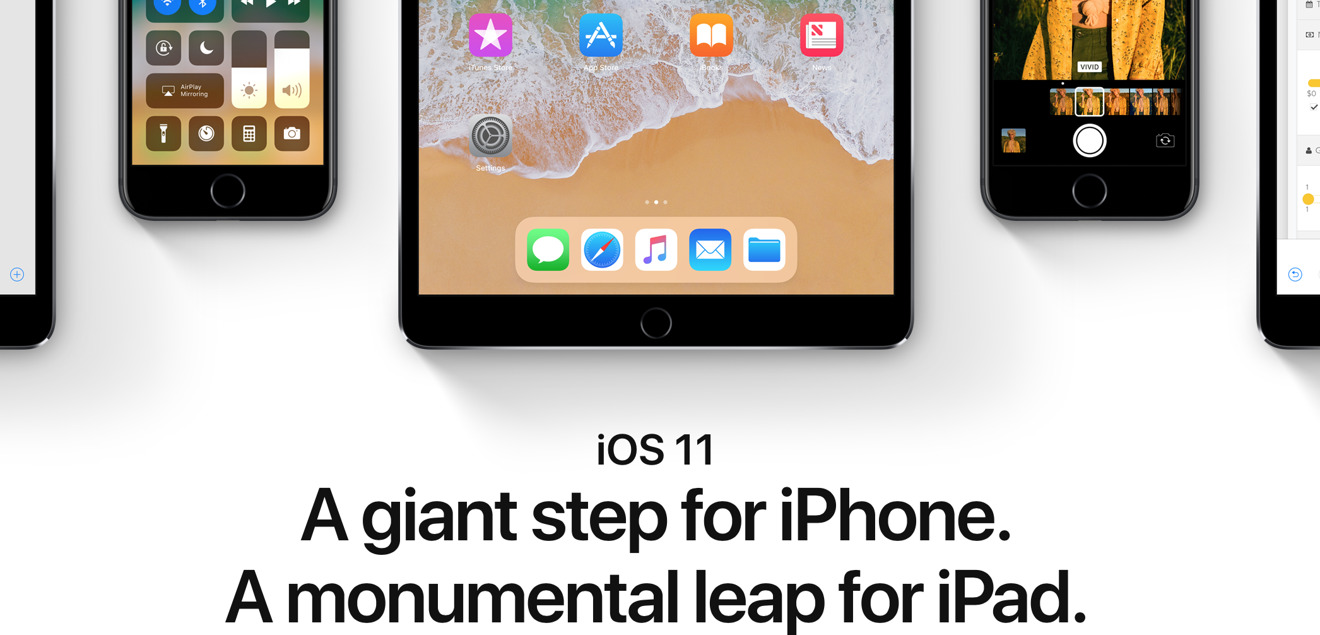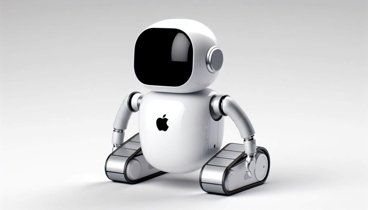In one fell swoop, this fall's forthcoming iOS 11 update will mark the end of support for not only 32-bit apps, but also legacy 32-bit devices. That means owners still clinging to their iPhone 5, iPhone 5c and fourth-generation iPad will be left behind — or forced to upgrade.
Though they received last year's iOS 10 update, the trio of devices running the Apple A6 CPU — the last custom processor the company made with a 32-bit architecture — will not be making the trip to iOS 11.
The move isn't a surprise, as Apple's recently released Clips video app only supports 64-bit hardware, meaning it cannot run on the iPhone 5, iPhone 5c, fourth-generation iPad, or any devices older than those.
Accordingly, iOS 11 will also mark the end of the line for 32-bit apps, which do not run in the first beta of the mobile operating system. Developers will need to update their apps to 64-bit before the launch of iOS 11 this fall, or else users will need to ditch abandoned apps before upgrading.
Of course, the iPhone 5 and other legacy devices will still function properly with iOS 10.3.2 and earlier if users choose to continue to stick on legacy platforms. But the outdated hardware and software will become increasingly obsolete over time, and there is no guarantee that functions or apps will continue to work as expected.
Such changes every year, and the phasing out of older hardware, are not new. Last year the popular iPhone 4s did not make the cut for iOS 10, and users who continue to use Apple's last 3.5-inch iPhone model cannot update past iOS 9.3.5.
 Neil Hughes
Neil Hughes








 Christine McKee
Christine McKee
 Malcolm Owen
Malcolm Owen
 Marko Zivkovic
Marko Zivkovic

 Andrew Orr
Andrew Orr
 Andrew O'Hara
Andrew O'Hara
 William Gallagher
William Gallagher





-m.jpg)



15 Comments
ARMv8 is already a pretty clean ISA, not like when AMD64 was stuck together with x86, but I wonder, if iOS and apps will be 64 bit only from now on, if Apple will do the work to even further modify the original ISA for removal of any consideration for 32 bit.
So you stay on iOS 10 until your device is no longer serviceable. What’s the problem?
In the Platforms State of the Union WWDC session they announced ending support for 32-bit apps for macOS too, January and June 2018 (new and updates). "High Sierra will be the last macOS release to support 32-bit apps without compromises."